I first experienced an SEL (social-emotional learning) check-in during the pandemic at one of our virtual staff meetings. We were all working from home at the time, and our executive director, Lori Gracey, kicked off the meeting with one. Though the theme didn’t stick in my memory, the check-in concept became a fixture for me. I also started noticing an uptick of presenters using them in their virtual workshops.
What is an SEL Check-in?
Visual cues, whether faces, characters, memes, or symbols, are a common thread for most SEL check-ins. These visuals should be instantly recognizable shorthand for feelings. Since imagery resonates with people more than abstract numbers or words, it’s easier to quickly convey complex emotions by relating them to an image. A touch of humor or pop culture helps connect people to the scale, too!
You can also use an check-ins in the classroom with students. Students can be given the opportunity to share and reflect on their emotional state at any point throughout the school day. Some teachers keep SEL check-ins in their calming corners as tools for helping students identify their emotions.
Why are SEL check-ins important?
SEL check-ins are important for several reasons. Let’s take a look at a few ways these check-ins support students’ social-emotional development.
Incorporating SEL check-ins can:
- Promote self-awareness: Checking in helps students become more aware of their emotions by giving them a way to identify them.
- Develop emotional vocabulary: Checking in builds students’ ability to articulate a range of feelings using proper vocabulary.
- Foster classroom community: Sharing emotions regularly builds connections, empathy, and trust among classmates.
- Inform instruction: Teachers can gauge student readiness to learn and adjust instruction accordingly based on check-in data.
- Support at-risk students: Check-ins help identify students who may be struggling socially or emotionally and need extra support.
- Teach emotion regulation: Checking in helps students reflect on feelings before reacting and manage their emotions in a healthy way.
- Encourage sharing safely: Students learn it’s safe and healthy to share feelings when given the space to do so.
- Provide consistency: Daily check-ins become a predictable routine that adds stability.
Tools for Creating Your Own
I guess you could say that SEL check-ins are one of the silver linings of COVID-19. As a presenter, they are a great way to start off a workshop and check in with attendees as the workshop progresses. And with all the fun and creative tools available to us now, making one is easy. I used free images from Pixabay to create my first check-ins. If you are looking for copyright-free images, check out this blog. More recently Emoji Kitchen and Canva provide the fodder for my creative appetite. Remember, Canva is free for educators!
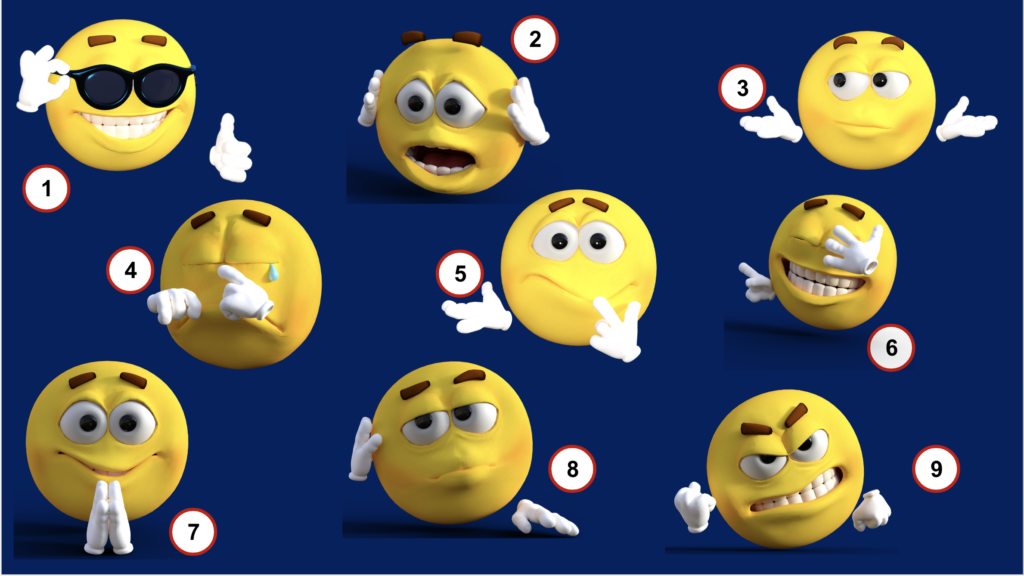
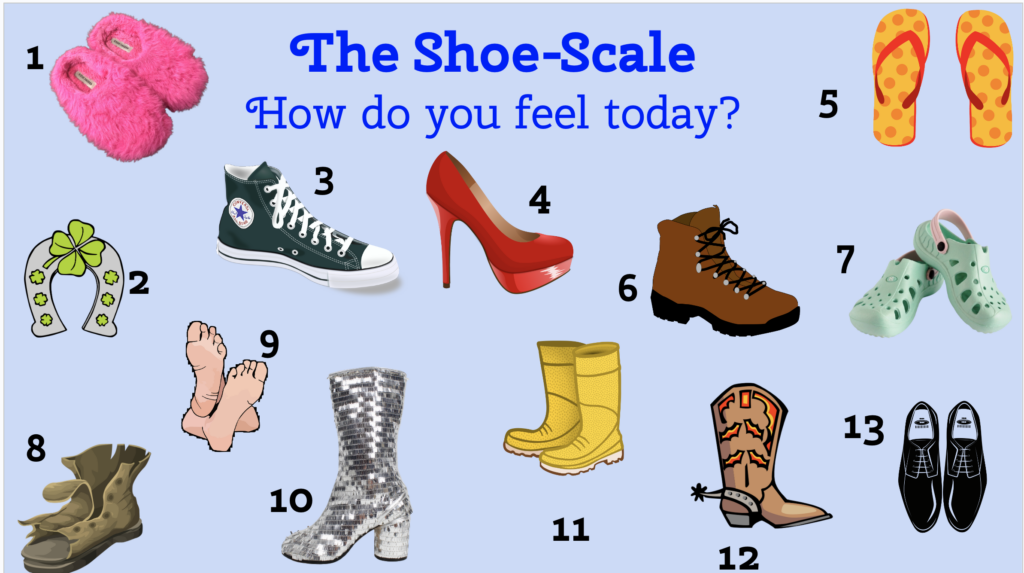
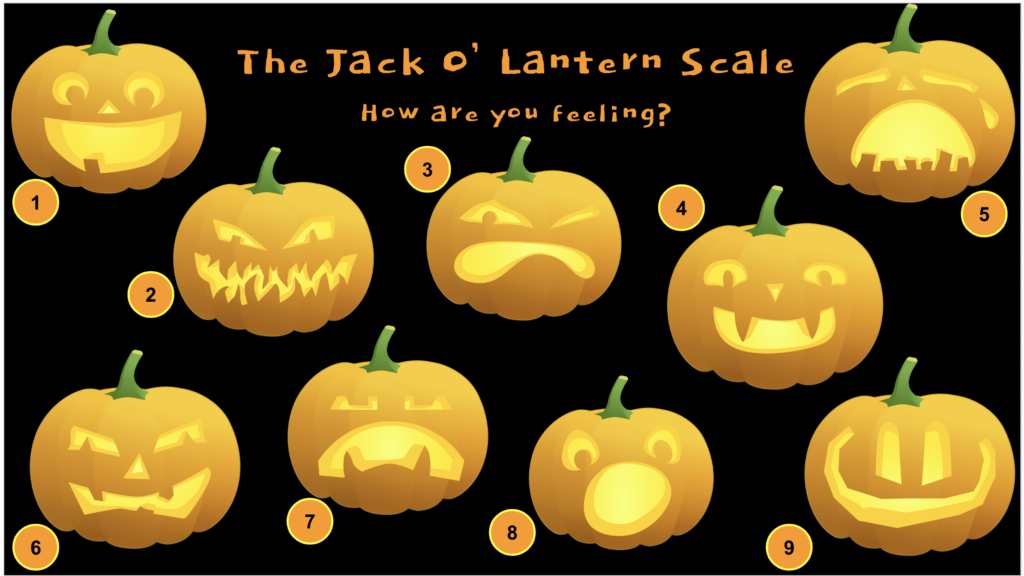
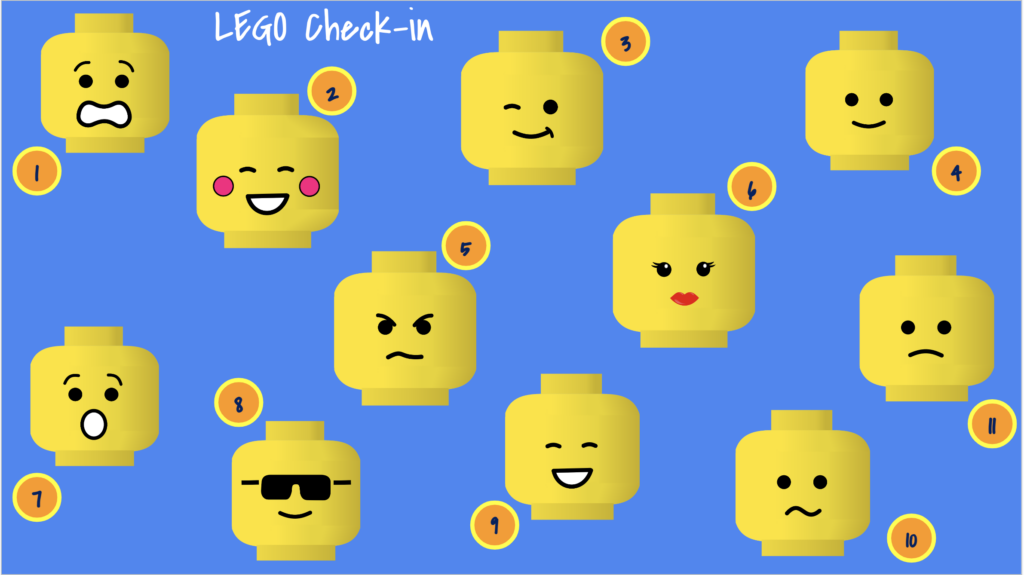
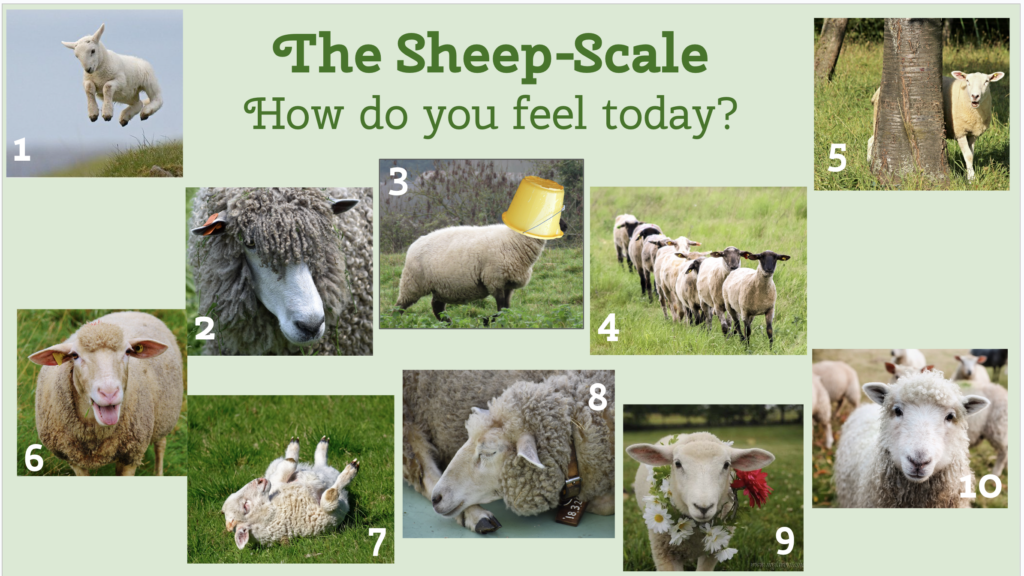

SEL check-ins, with visual cues and creative images, foster self-awareness, emotional vocabulary, and classroom support. Easily integrated into daily routines, they create a stable, engaging environment that bolsters instruction and student emotional growth. If you are considering incorporating emotional well-being into your classroom, I certainly hope this slide deck can help you out. And if you have an SEL check-in to share with the world, please drop the link into the comments.


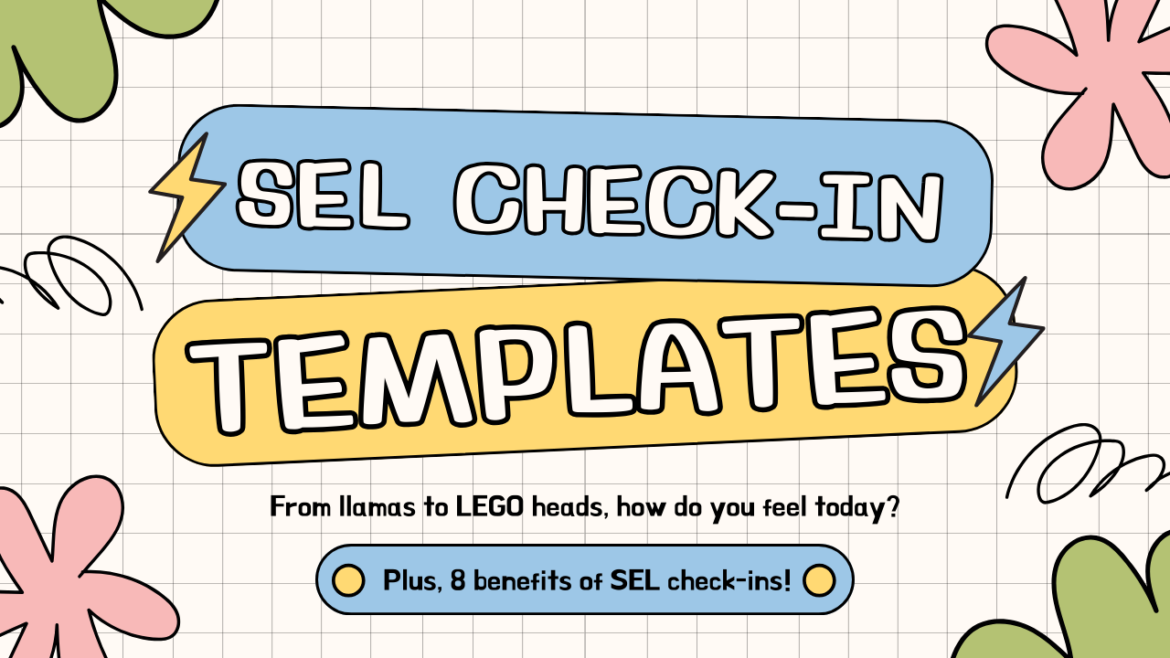
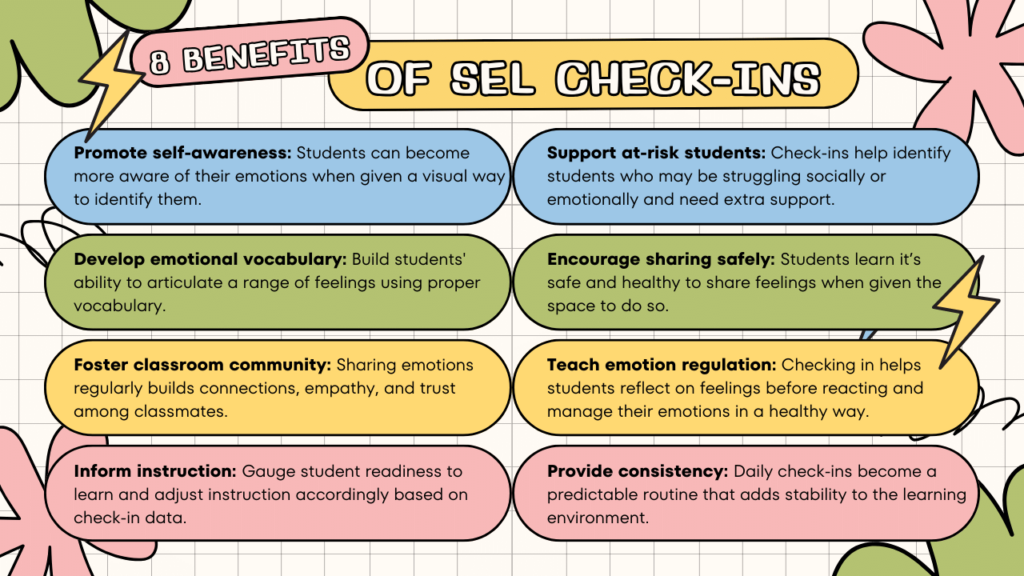
3 comments
I really like the check-in templates you created! I just discovered these today and they are different than ones I have been using. It is great to see all the creativity you put into them. Thank you for sharing! I plan to use the emoji one for my next class and I gave credit to you on the slide. Thanks!
So glad that you can use them in your classroom, Kisha! =0)
WOW! I just discovered you! I am LOVING the check in slides. I am a middle school special Ed teacher and struggle to find good SEL materials. Thank you so very much for sharing this.